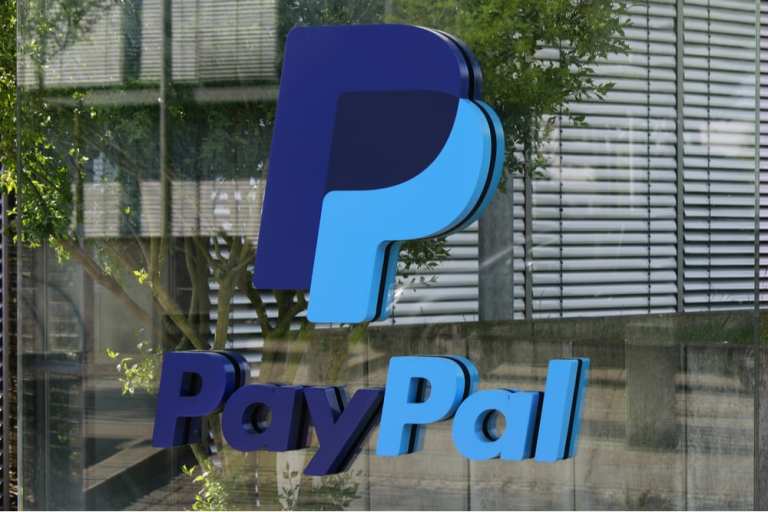Chinese Shoppers Will Have PayPal Access By Year End

With its purchase of a majority stake in GoPay, China has allowed PayPal to operate in the country. According to a report by the Financial Times, this means PayPal will be the only foreign company to have domestic and cross-border web services in China.
About $39 trillion in mobile payments were made in China in the past year. The move signals China’s willingness to open up its payment industry to foreign investors, following similar forays in the insurance, securities and investment fields.
With their tight hold on the industry, two companies have thrived – Alipay and Tencent, who have 53.8 and 39.9 percent of the market, respectively.
Some analysts say PayPal has no chance of competing with those two companies.
“PayPal doesn’t have a chance. China’s market is very mature,” said Xue Yu, an analyst at IDC.
However, PayPal has its sights set on shoppers buying from overseas, where there aren’t as many merchants who accept Alipay or WeChat Pay.
In China, people shop more online than in the U.S., and about 35 percent said they shop both in the country and cross-border, compared to 27 percent in the U.S.
GoPay was started in 2011 by HNA, an airlines-to-finance company. It has been struggling financially as its parent company has taken on more and more debt.
“GoPay’s business is dying. The only value the company has is its licenses. And HNA has been looking for an acquirer to extract cash,” said Kou Xiangtao, a payments industry analyst and head of industry media firm ShowFin.
Zhang Monan, a researcher at the China Center for International Economic Exchanges, said that despite the trade wars between the two countries, some fields are not following that pattern of animosity. “Even though the U.S. is unceasingly pushing forward decoupling, China is still deepening ties in many fields,” she said.